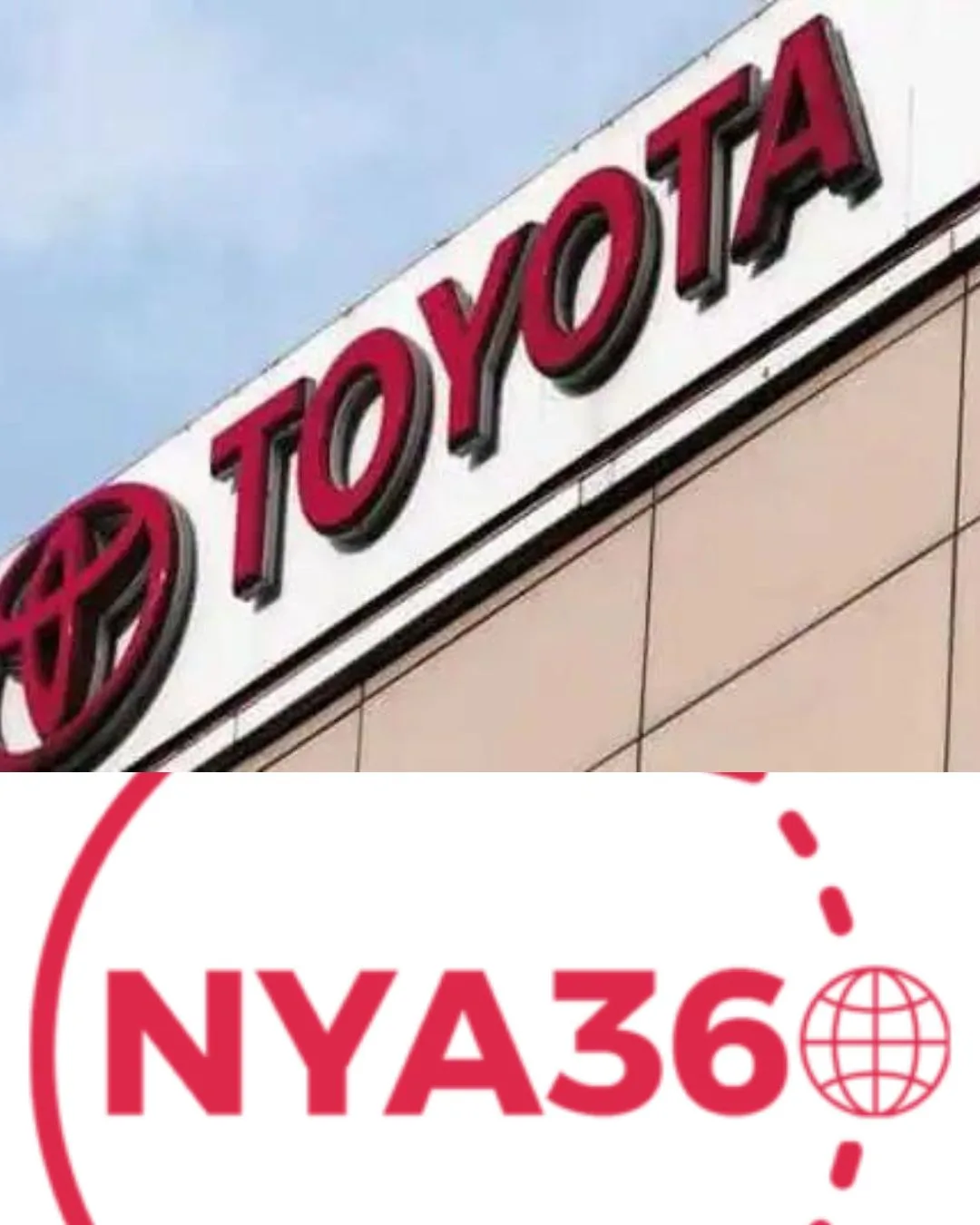Owing to a possible fire hazard, Toyota, one of the top automakers in the world, has announced a broad recall affecting over 1.8 million vehicles. The news raises questions regarding car quality control and safety, which is a major development in the automobile sector.
Context of the Recall:
Many different years’ worth of Toyota and Lexus cars are included in the recall. A flaw in the gasoline pumps of the cars is the main cause of the recall since it may cause engine stalls and, in certain situations, fires. This is a serious problem that makes people concerned for the security of motorists, passengers, and the public at large.
The extent of the recall
There are a lot of Toyota and Lexus cars that are included in the broad recall. The recall covers a number of manufacturing years and a range of models, from cars to SUVs. This broad focus highlights how urgent and significant it is to address the problem.
Safety Issues:
There are serious safety issues related to the recall. Unexpected engine stalling due to a broken fuel pump can be dangerous when driving, particularly at high speeds or in congested areas. Furthermore, there should be concern over the possibility of flames caused by this flaw because car fires can have disastrous results.
Effect on Consumers:
Customers who own the impacted vehicles are directly impacted by this recall. Owners of Toyota and Lexus automobiles must take them to approved dealerships for inspection and, if required, repairs. Because it takes time and money from the car owners, this procedure might be inconvenient.
Name Recognition:
The reputation of the Toyota brand is impacted by the recall as well. Toyota has a long history of being acknowledged for its dedication to safety and quality. But this recall calls into question the company’s ability to guarantee product safety as well as the extent of quality control.
Respect for Regulations:
The recall highlights how important it is for the automotive industry to comply with regulations. To protect consumers, manufacturers must adhere to strict safety and quality requirements. Toyota has shown its dedication to consumer safety and regulatory compliance by agreeing to conduct a large-scale recall.
Active Strategy:
Toyota’s prompt action in resolving the problem is one noteworthy feature of the recall. The business acknowledged that there was an issue and willingly started the recall, demonstrating its commitment to consumer safety. This proactive strategy might be viewed as a reasonable and moral way to handle a significant issue.
Unintentional Repercussions:
The recall acts as a warning to consumers about the unexpected repercussions that may result from flaws in vehicles. A small problem with a fuel pump can have big consequences that affect consumers, the auto industry, and the overall economy.
Financial Effect:
Although safety is the first priority, there are also financial ramifications to the recall. From the price of fixing the cars to the possible legal repercussions, it is a financial strain on Toyota. The recall also has an impact on mechanics, dealerships, and suppliers of parts.
Broader Implications for the Industry
The recall affects more than just Toyota and Lexus. It emphasizes how critical it is for the automobile sector to maintain strict quality control and how urgent defect resolution is. This occurrence might serve as a reminder to other producers to be watchful in spotting and fixing possible problems.
Awareness of Consumers:
The recall highlights how crucial it is for customers to be informed and accommodating. Owners of vehicles should respond quickly to safety issues raised by recall warnings and should take them seriously. Maintaining one’s safety while driving requires being aware of car recalls.
Legal and Administrative Elements:
Legal and regulatory reviews may be prompted by the recall to make sure that safety regulations and quality control procedures are followed. Authorities might look into the extent of the problem and Toyota’s handling of it.
In summary:
The recall of more than 1.8 million Toyota automobiles because of a possible fire hazard is a noteworthy event that affects consumer safety, the standing of the brand, and the larger auto industry. The business’s readiness to deal with the matter and its proactive response demonstrate its dedication to safety and legal compliance. This tragedy serves as a reminder of the value of strict quality control in the automotive industry as well as the necessity for consumers to keep an eye out for safety issues and recalls. The recall procedure is going to be keenly watched by regulators, consumers, and the automotive industry as a whole.





